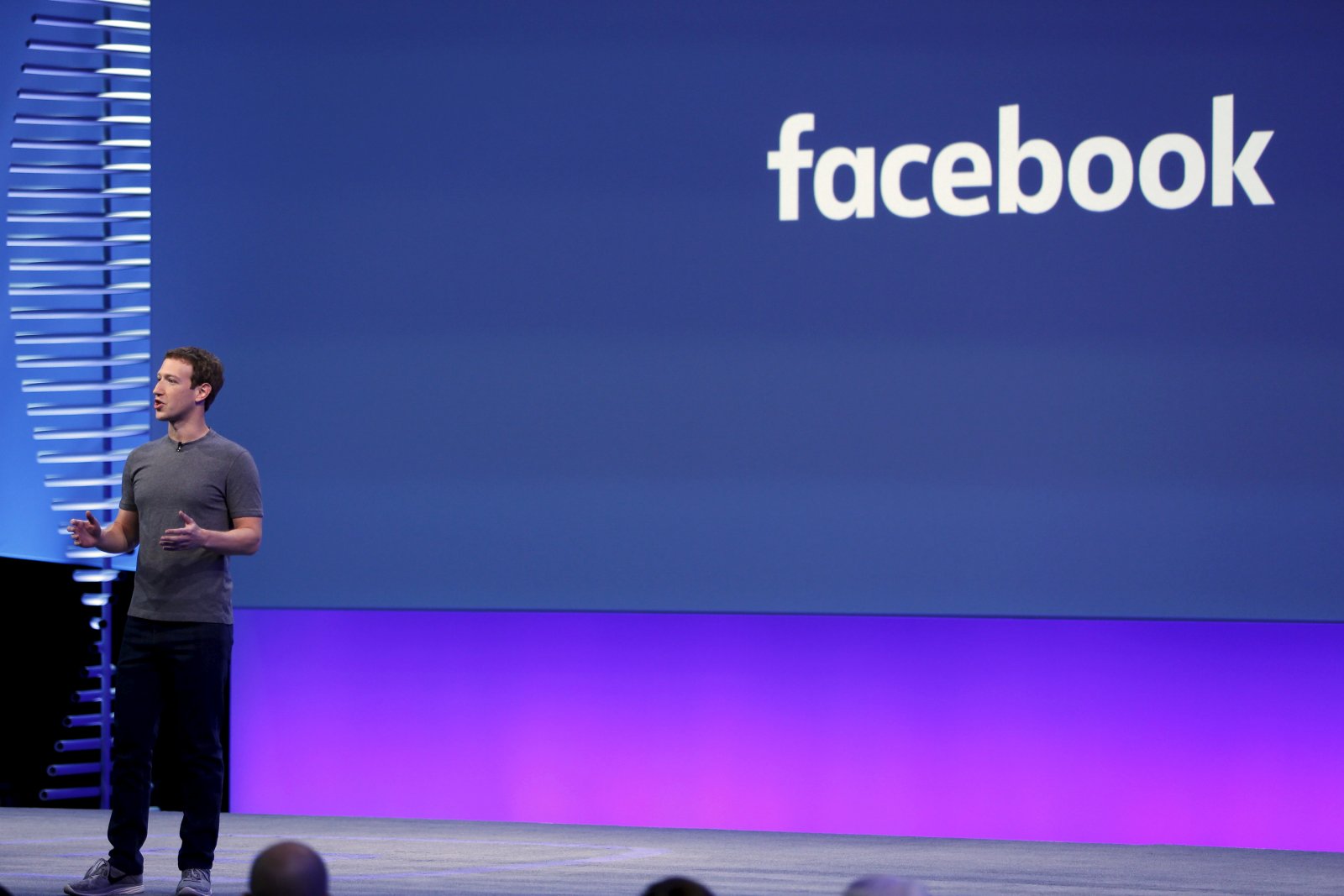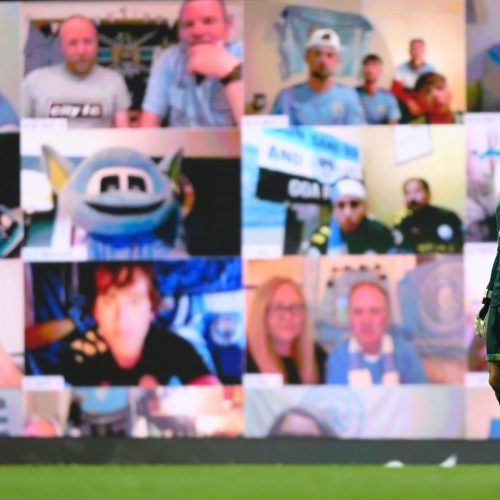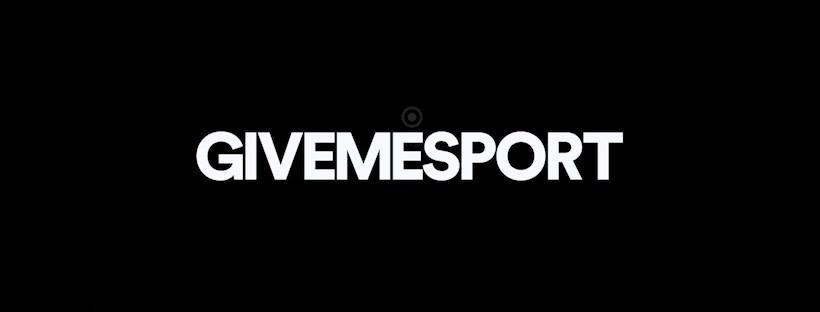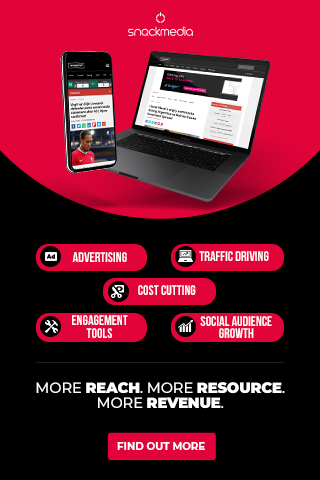The decline of Facebook Live leaves clues about the future of video on the platform
Uncovering Facebook’s strategy has long been an integral part of working in digital. Algorithm changes are major news and can make and break entire businesses, whilst staying ahead of the curve is vital for keeping up engagement. But figuring out exactly what they’re going to do next is clearly difficult.
This week, the Tow Center, part of Columbia University’s Journalism School, published some findings which show the scale of the decline of Facebook Live, something that many were starting to get used to, and a feature that Facebook were themselves promoting quite heavily just a few months ago.
The findings should come as little surprise, however.
The big drop-off in Facebook Live streams launched by brands who had partnered with the social media platform over the last few months comes after money stopped changing hands. And whilst this is clearly a marked change, it probably isn’t the death knell of Facebook Live so much as it is the start of a new strategy for video on the platform.
“In an analysis of 17 brands that were paid by Facebook to make live videos for the platform, the number published from April to December 2017 fell by an average of 51 percent when compared to the 12-month period from April 2016 to March 2017.” – Columbia Journalism Review.
In the US, the Watch tab has already been rolled out and for sports fans that meant an eight-part documentary featuring Real Madrid. Since then, both Amazon and Netflix have created similar content, showing that it’s not just Facebook who see this as a niche in the market. As such, Facebook certainly won’t be abandoning video content, and as for live video specifically, it would be a departure if they were to drop that, especially given their pursuit of sports media rights over the last few months.
So that leads to the inevitable question: what exactly is happening here?
And the answer has to be that the company are moving away from asking publishers to produce the content for them, preferring to work with sports teams like Real Madrid and celebrities like Tom Brady in order to create their content. Instead of spending small amounts with lots of publishers, using a scattergun approach as we’ve seen in the past, maybe the plan is to focus that spend on longer-form video for the new Watch tab, bringing Facebook more into competition with the likes of Netflix, or at least adding more value than the passive videos you see on your Newsfeed as you’re scrolling through. That is, the kind of content which are less likely to lead to engagement, but still rake in high views: videos that pique your interest, but don’t generate emotion.
Over the last few weeks, we’ve already seen the social media platform make it more difficult for brands to get through onto the Newsfeed, and moving away from Live probably has a similar effect, whereby brands and publishers aren’t the main targets for Facebook’s video strategy any more.
So whilst Facebook Live might be on the way out, that probably only signals a change in the company’s strategy for video. Maybe we should expect to see more long-form video on there instead.
About author
You might also like
Interview: Nielsen Sports’ Spencer Nolan Discusses Covid-19’s Impact on Sport Media Rights and the Commercial Sport Landscape
Digital Sport’s Rupert Pratt and Thomas Smith recently sat down with Nielsen Sports Managing Director for the UK & Ireland, Spencer Nolan, to discuss Covid-19’s impact on sport media rights
Snack Media acquire Facebook’s largest global sports publisher, GIVEMESPORT
Snack Media today announced that its acquisition of GIVEMESPORT will create one of the largest sports publishers in the UK, further strengthening its offering to advertisers, rights holders and independent media owners.
The seven essentials for achieving successful sports branding
By Daniela McVicker When it comes to sports, great branding is a must. Your brand influences how people see your company or team. It helps you to forge connections with








